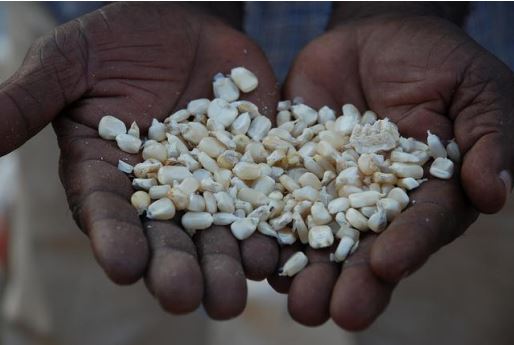Due to the unseasonable weather and rising food prices, hunger deepens in Zimbabwe. In its 2021 analysis, the IPC classified 27% of rural Zimbabwe as experiencing high levels of food insecurity. Since that time, the situation has deteriorated. Hunger is expected to worsen as the year continues. The harvest this spring was weak, and food prices have continued to rise. Households in affected areas have begun to limit meals, sell off productive assets, take out loans, travel looking for food, and other high-risk strategies that can shift households further into poverty or have negative health impacts.
SCORE will begin supplemental food program this month to help address the extreme food shortfalls in the district of Mwenezi. This project is planned to reach 175 of the most vulnerable households, but, according to Dorothy Halimani – SCORE Vulnerable Feeding Program Project Officer, it should be stressed that the hunger situation is widespread and being experienced by all groups. Rising food prices make it a challenge to address the hunger needs of even 175 households. Because the culture of Mwenezi values sharing food, it is expected that even the very food insecure recipients of food aid will share food with their hungry neighbors.


Recent Comments